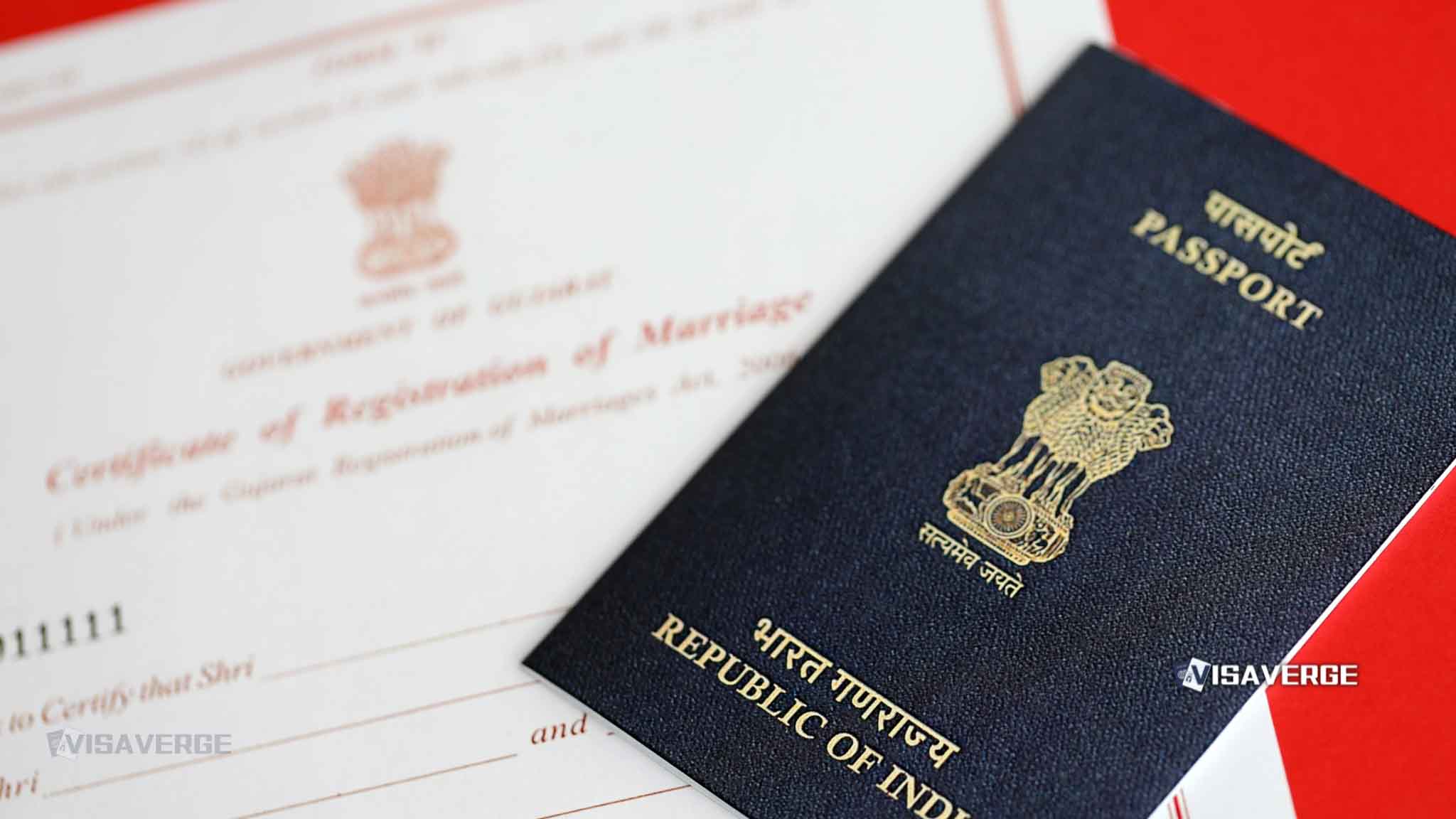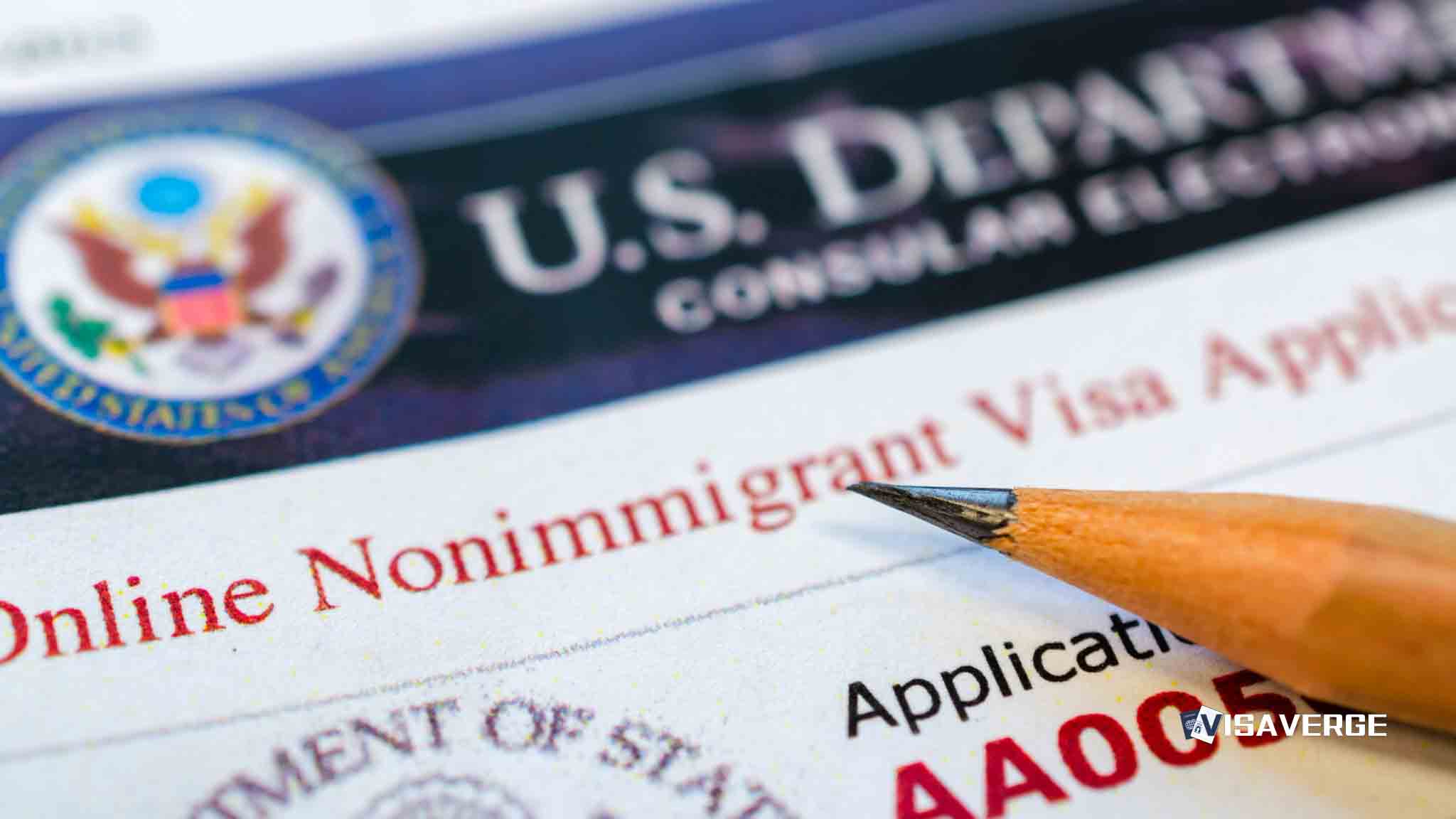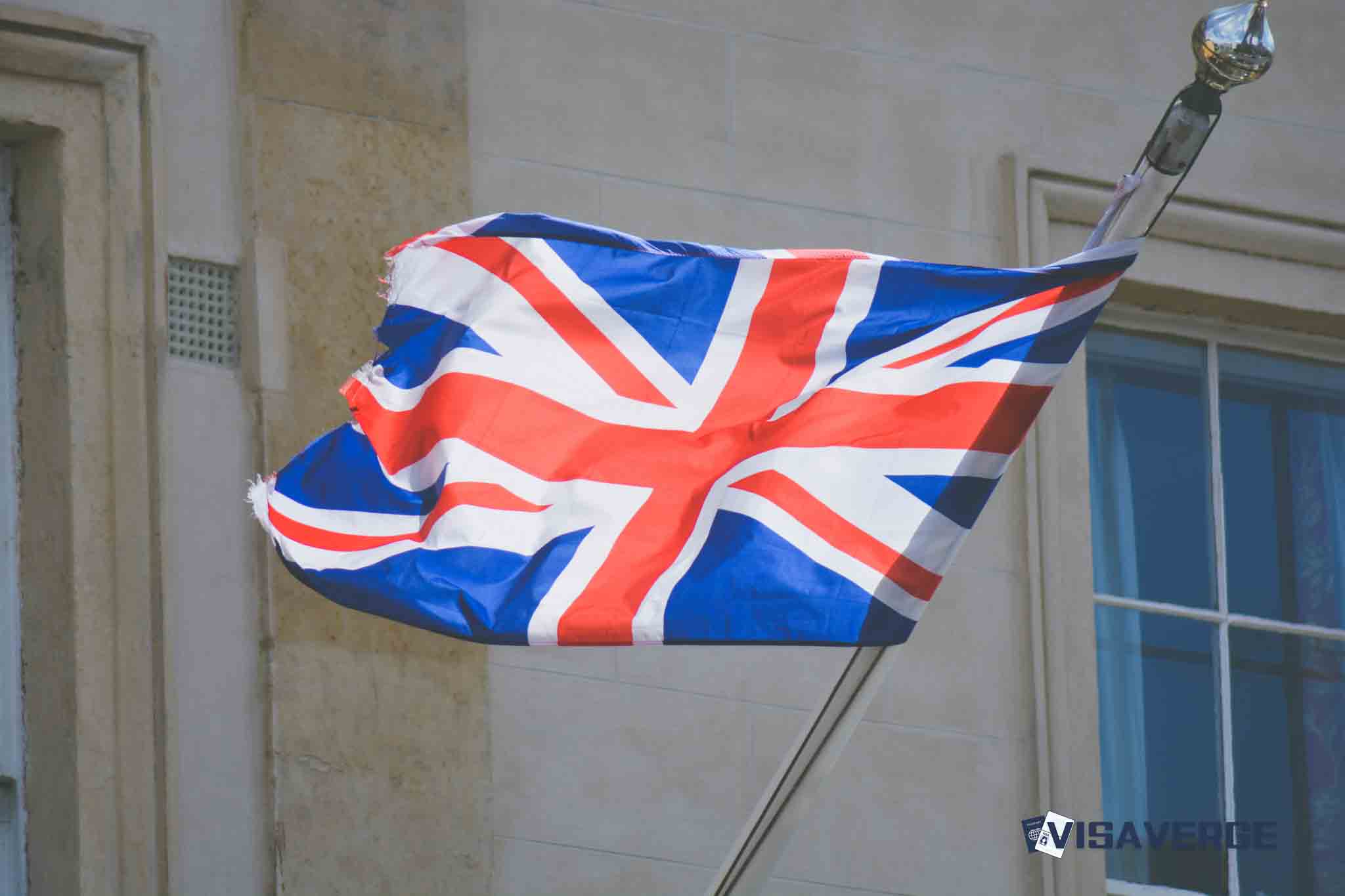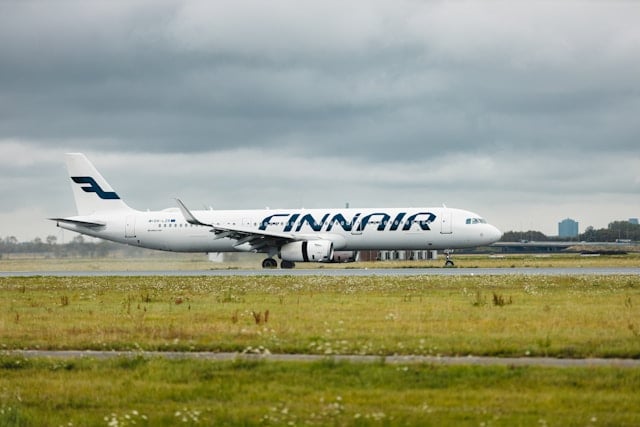Key Takeaways
- Mike Waltz denied allegations of U.S. plans to invade Canada during a February 9, 2025, NBC interview.
- Waltz highlighted U.S. ambitions in leadership over the Western Hemisphere, including Arctic to Panama Canal control efforts.
- Waltz suggested some Canadians desire U.S. integration due to dissatisfaction with Trudeau-era policies, sparking criticism and debate.
Recent remarks by Michael “Mike” Waltz, National Security Advisor to former President Donald Trump, have stirred intense discussions about U.S.-Canada relations. During a February 9, 2025 appearance on NBC’s Meet the Press, Waltz firmly addressed swirling rumors suggesting a U.S. plan to invade Canada 🇨🇦. “I don’t think there’s any plans to invade Canada,” he stated, refuting claims made by outgoing Canadian Prime Minister Justin Trudeau. Trudeau had recently suggested that the Trump administration was considering absorbing Canada as the 51st U.S. state—a comment that ignited widespread debate across North America.
The Source of Controversy
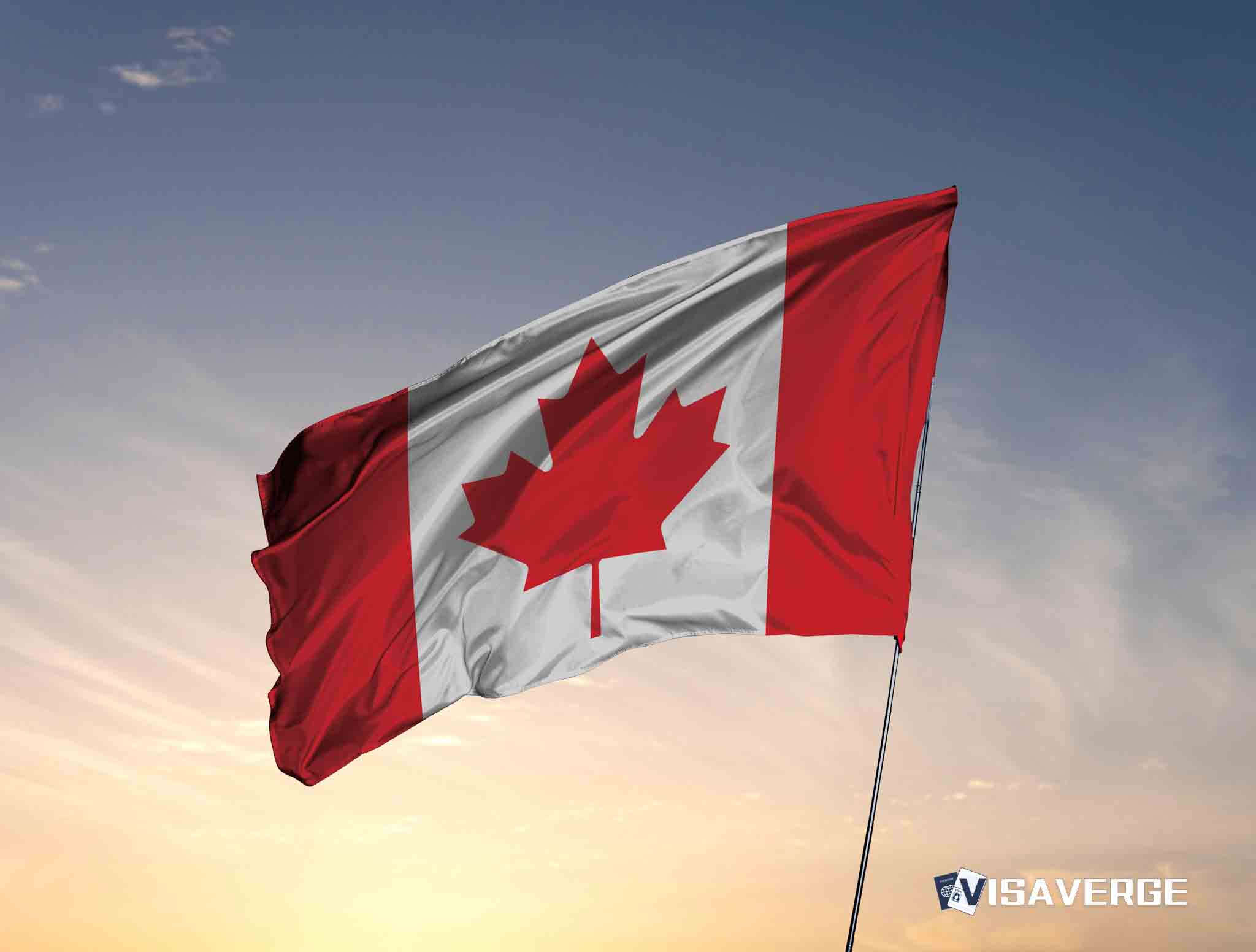
The speculation began following Trudeau’s remarks on February 9, 2025, where he reportedly described Trump’s supposed intentions to annex Canada as “a real thing.” According to The New York Times, Trudeau had shared these thoughts with a group of business leaders, also questioning the implications it might have for Canadian sovereignty. While how Trudeau arrived at such conclusions remains unclear, Waltz used his platform to dismiss these allegations outright. He instead highlighted a broader vision of U.S. leadership in the Western Hemisphere.
During his interview, Waltz claimed that this leadership extended “from the Arctic all the way down to the Panama Canal” 🇵🇦. Such statements reflect broader ambitions by the Trump administration to solidify the U.S.’s strategic role in its own hemisphere, yet they have heightened tensions and raised questions about the future of U.S.-Canada relations.
Waltz’s Argument: Canadians and Liberal Governance
Adding to the controversy, Waltz made another claim that surprised many. He suggested there was significant dissatisfaction among Canadians with what he described as “a decade of Trudeau’s liberal governance.” According to him, many Canadians see a brighter future for themselves in the U.S., primarily due to higher taxes and restrictive policies under the Trudeau government.
Waltz stated, “I have all kinds of neighbors down in Florida that are Canadians. Many are escaping the liberal policies and have moved in.” While the national security advisor did not back his opinion with formal data, he implied that the discontent among Canadian expatriates reflects a desire for closer ties—or even integration—with the U.S. He further asserted that Canadians would benefit from “no tariffs” and “lower taxes” if they became part of the United States.
Critics, however, have dismissed these assertions as anecdotal. Analysts argue that while some Canadians may argue against particular policies, the majority value their national identity and independence. For now, these claims remain an individual observation by Waltz rather than a reflection of broader public sentiment in Canada.
A Broader Foreign Policy Context
The renewed attention on Canada comes as part of a larger conversation regarding the Trump administration’s focus in the Western Hemisphere. Waltz did not confine his comments to Canada alone. Instead, he spoke about ongoing U.S. interests in regions like Greenland, Arctic security, and, notably, the Panama Canal. His statement that “the Panama Canal [is] coming back under the United States” follows steps by the administration to diminish Chinese influence in the region. For instance, U.S. Senator Marco Rubio recently warned Panama about reducing Chinese activity near the Canal or facing consequences. Furthermore, Washington has asserted that its naval vessels must maintain free passage through this critical shipping hub.
The Panama Canal reflects deeper geopolitical stakes. Control over this waterway represents a key part of U.S. strategic concerns, especially as other global powers, such as China, expand their influence in Latin America. This recurring theme of “American reassertion,” as Waltz described it, is paired with policies aimed at strengthening U.S. presence in North America and keeping foreign influence at bay.
Examining U.S.-Canada Relations
Historically, the relationship between the United States and Canada has been characterized by mutual respect and extensive cooperation. From trade agreements like the U.S.-Mexico-Canada Agreement (USMCA) to shared security efforts through NATO, collaboration has remained a consistent feature of their bilateral ties. However, recent rhetoric from the Trump administration, including talk of annexing Greenland or potentially diminishing Canada’s sovereign role in North America, has created ripples of uncertainty.
Statements like Waltz’s—though denying any immediate plans to invade Canada—nonetheless open the door to challenging traditional diplomatic norms. Implicit in these comments are questions about sovereignty, immigration policies, and economic integration that would fundamentally alter the balance of power between the two neighbors.
What Happens Next?
As of now, it’s important to note that Waltz’s claims have not been tied to any tangible policies. No formal discussions, plans, or governmental actions support the idea of altering Canada’s border or status. However, certain Canadian political groups and stakeholders may regard this rhetoric with alarm. Sensitive matters related to sovereignty often trigger strong reactions, and the Canadian government has not yet responded publicly to Waltz’s comments.
From a U.S. perspective, expanding influence in its hemisphere—emphasized by Waltz’s references to the Arctic, Greenland, and control of the Panama Canal—is part of a broader strategy under Trump. Yet these ambitions, including any mentioning of dissatisfaction among Canadian citizens, remain largely speculative. Historically, Canada has pursued an independent path even when facing pressure from larger powers. Its citizens have shown strong loyalty to their country’s identity, which complicates claims of widespread Canadian interest in joining the U.S.
Key Things to Watch
- Official Responses: It will be important to pay attention to potential reactions from the Canadian government. Direct engagement or clarifying remarks from Ottawa could provide deeper insight into Canada’s stance on these issues.
-
Public Opinion: Polling among Canadians regarding Waltz’s comments could clarify whether his anecdotal observations reflect widespread dissatisfaction or are isolated cases.
-
U.S. Policy Initiatives: Actual policy proposals, such as programs affecting borders, immigration, or trade, would signal whether existing rhetoric evolves into tangible action.
-
Developments in the Western Hemisphere: Changes influenced by U.S.-China competition, especially around the Panama Canal, may serve as a bellwether for Washington’s priorities beyond its northern neighbor.
Conclusion
Michael “Mike” Waltz’s recent remarks have spotlighted sensitive issues in U.S.-Canada relations. By firmly denying any plans to invade Canada while emphasizing Canadian dissatisfaction and U.S. leadership in the Western Hemisphere, Waltz has drawn attention to questions about sovereignty, economics, and bilateral ties. However, these remain largely speculative claims without formal policy to back them. As of February 11, 2025, the Trump administration has not taken any steps to alter North America’s border arrangements significantly.
Given the politically charged nature of this topic and its implications for immigration policies, trade relations, and national identity, these discussions are far from over. Much will depend on whether these debates remain in the realm of rhetoric or advance into actionable frameworks. For now, both Canadians and Americans are left to ponder the potential future of their long-standing relationship. Reliable updates can be tracked through official sources like Government of Canada’s official immigration website. As developments unfold, analysis from platforms like VisaVerge.com can help shed light on the far-reaching implications of these debates.
Learn Today
Annex → To incorporate a territory into another state or country, often raising issues of sovereignty and governance.
Sovereignty → The authority of a state to govern itself without external interference in its internal affairs or policies.
Expatriate → A person who resides outside their country of origin, often for economic, personal, or political reasons.
Tariffs → Taxes imposed on imports or exports between countries, affecting trade policies and economic relationships.
Geopolitical → Relating to the influence of geography, economics, and politics on international relations and power dynamics.
This Article in a Nutshell
Michael Waltz’s denial of a U.S. “Canada invasion” plan stirs debate on sovereignty and relations. Trudeau’s claims of annexation intentions fuel tension, though unbacked by evidence. Waltz highlights Canadian dissatisfaction with liberal policies, suggesting appeal for U.S. integration. This rhetoric challenges traditional diplomacy, leaving North America pondering sovereignty and shared futures.
— By VisaVerge.com
Read more:
• Trump’s Steel and Aluminum Tariffs Face Backlash from EU, Canada, Mexico
• Canada Pledges Action Against New Trump Tariffs on Imports
• Canada’s Express Entry 2025: Key Changes to Process and Eligibility
• Canada’s Immigration Cuts Deepen Healthcare Recruitment Worries
• Will Border Security Deals with Canada and Mexico Deliver Real Results to USA?








